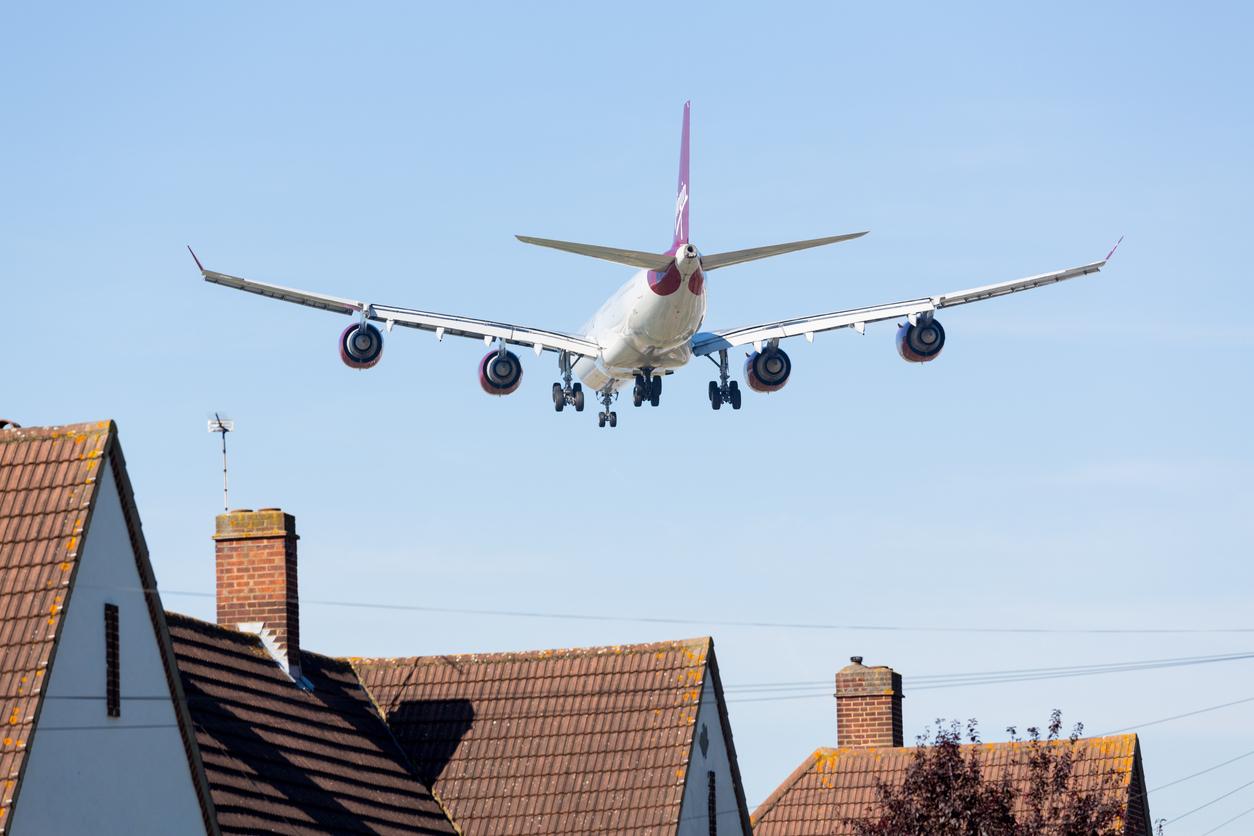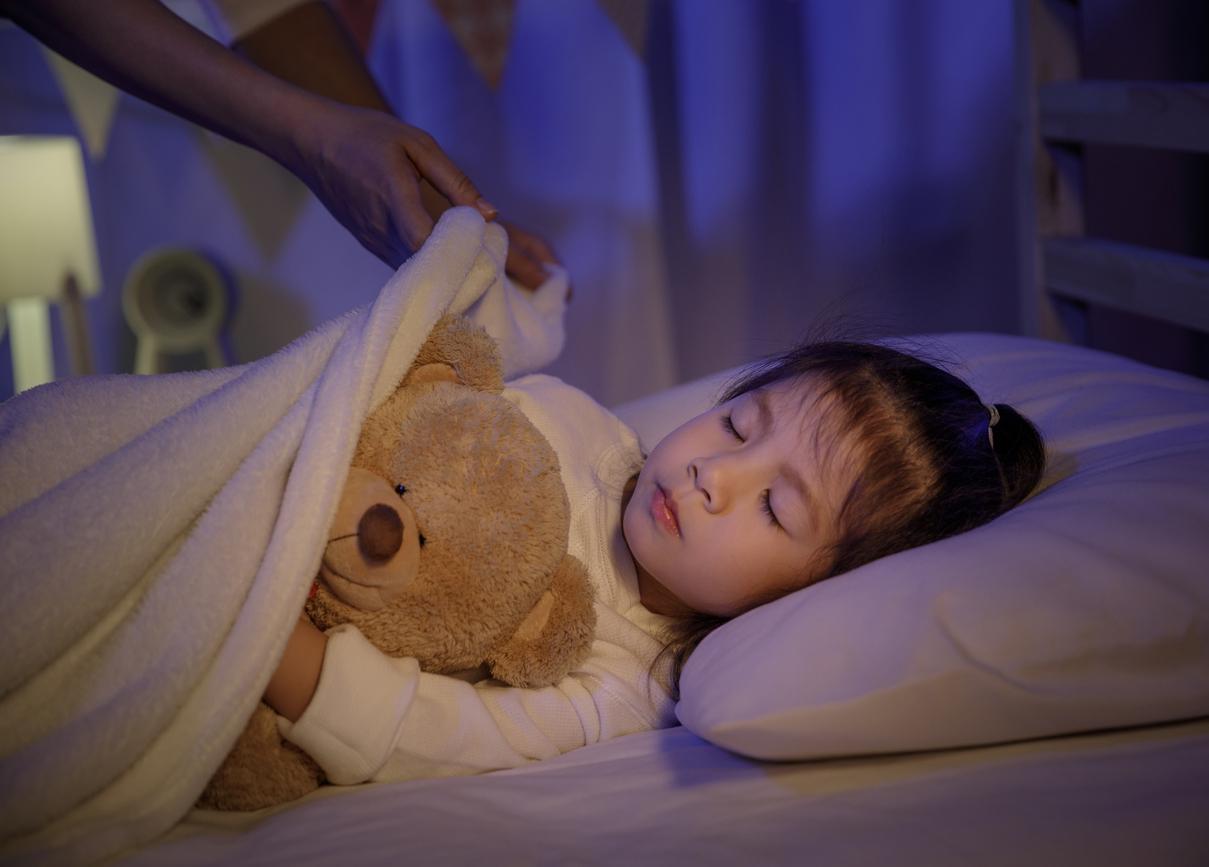The more people are exposed to nighttime aircraft noise, the more they have restless and disrupted sleep, according to a study of more than 80,000 British people.

- According to a study, people who are most exposed to aircraft noise at night have much more restless sleep, which is a sign of sleep disturbance.
- Those most exposed to noise also had their sleep-wake cycles disrupted, meaning their daily sleep pattern was less regular. And this, “even though the total time they spent in bed was not very different”.
- “Poor sleep habits, as measured by actimetry, are associated with a higher risk of mental health disorders, diseases such as diabetes and obesity, and a risk of mortality,” recall the researchers.
Not only does the noise of planes at night prevent you from falling asleep, but it also prevents you from sleeping well after finding Morpheus. According to a new study published in the journal Environmental Health Perspectivespeople exposed to aircraft noise have much more restless sleep and more disturbed sleep-wake cycles than others, even if they have spent a full night.
A more complete photograph of sleep
To arrive at this observation, researchers from the University of Leicester and other universities in the United Kingdom used data from more than 80,000 people from the British Biobank and living near four major airports in England (London-Heathrow , Manchester…). To measure participants’ sleep, they fitted them with wearable devices, the size of a watch, that tracked movements during sleep. Alongside this method called actimetry, they evaluated their responses to questionnaires regarding the quality of their sleep, their duration of sleep and their naps during the day.
The objective, “obtain a more complete photograph of sleep, explains Xiangpu Gong, lead author of the study, in a press release. The sensors provided objective data on restful sleep and sleep patterns, while the questionnaires helped us understand how people felt about their sleep.”
The aircraft noise each person was exposed to was estimated using noise maps created by the UK Civil Aviation Authority. These showed how loud aircraft noise was (in decibel dB) in areas around airports and, with some adjustment, where participants lived. The sleep of people exposed to higher noise levels, defined as a nighttime average of 55 dB or more, was then compared to that of people exposed to less than 45 dB.

A link between nighttime aircraft noise and sleep disorders
Result, it appears that the greater the nighttime noise of the planes, the more the participants had a restless sleep, “which is a sign of sleep disturbance.” Those most exposed to noise also saw their sleep-wake cycles disrupted, meaning “their daily sleep pattern was less regular”. And this, “even though the total time they spent in bed was not much different.”
So many observations “which suggest a link between nighttime exposure to aircraft noise and sleep disorders”according to Xiangpu Gong, who recalls that “Poor sleep habits, as measured by actimetry, are associated with a higher risk of mental health disorders, diseases like diabetes and obesity, and mortality risk”. It is therefore crucial today, he concludes, that “policies address and reduce aircraft noise pollution.”















